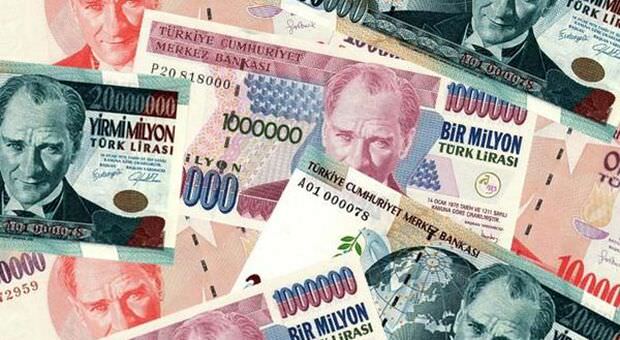What are Exotic Currencies
The definition of an exotic currency is very simple: it is a currency with low trading volumes. Essentially, they are all those that do not fall under the concept of major currencies. For clarity, the major currencies are the following: euro, dollar, pound, yen, Swiss franc, Australian dollar, Canadian dollar, New Zealand dollar. It is clear, therefore, that an incredibly high number of currencies belong to the "exotic" category. It is, thus, a vast and mostly unexplored world, at least by the majority of traders. Exotic currencies are distinguished by some peculiar characteristics. Here's what they are.- Low liquidity. Exotic currencies are rarely traded, thus they are mostly illiquid. This causes a chain of consequences, mainly on the way prices move. Moreover, they generate higher spreads if trading with a market maker broker, precisely because the latter experiences a certain difficulty in managing orders. Those who operate with ECN Brokers, therefore having a real contact with the market, may find it hard to find a counterparty and thus end up with unfilled orders.
- Higher volatility. This is an "almost" universal market law: if liquidity is scarce, volatility is high. In fact, this is exactly what happens when trading exotic currencies. There is greater volatility compared to exchanges involving the euro, dollar, pound, etc. This is generally considered a disadvantage, as it is correlated with a higher degree of uncertainty, but it can be turned to one's advantage.
- Less analytical-informative material. Exotic currencies attract few analysts and few experts. Therefore, the quality and quantity of analytical material about exotic currencies are lower than those involving major currencies. The same goes for news, which "comes out" at a slower pace. This can be a problem for traders who base a large part of their activity on fundamental analysis.
The Advantages of Trading Exotic Currencies
Actually, despite these characteristics and the disadvantages-defects we have just mentioned, exotic currencies deserve to be taken into consideration. If nothing else, to achieve diversification goals, a fundamental activity in a capital protection perspective, which implements golden rules regardless of the market in which one operates. In any case, some good reasons can be found, objectively valid, for trading exotic currencies. They are readable. It may seem strange, considering that the analytical-informative material is scarce. However, low liquidity and low traffic have positive implications. The truth is that exotic currencies respond on average well to technical analysis. There are no major factors intervening extra-market, and almost everything is in the hands of trading. Therefore, it is possible to find reliable signals even and especially when trading exotic currencies.- They are more volatile. As already specified, volatility is generally considered a flaw. However, it is also a source of profits. After all, oscillations represent a tool to generate surpluses, and without oscillations, it is difficult if not impossible to earn. Obviously, it is necessary to develop skills that allow managing volatility, both from a technical and psychological point of view. It is not an easy goal, but it is certainly achievable.
- They generate more stable trends... Sometimes. This point may appear to contradict the previous one. Yet, from time to time, when "trends start", they last much longer than those of major currencies. The reason is simple: often banks operate, and when they do, few operators are able to counter their movements, so trends exhaust over a longer time. This point is decidedly in favor of readability.
- They are more fun. Many will find this motivation superfluous, trivial. In reality, "fun", when inserted in a context based on rationality and technique, can represent an extra boost, a resource to keep concentration alive and to reduce the fatigue that trading, like any complex activity, causes. Exotic currencies are more fun as they are more volatile and, at the same time, respond better to the "rules of the game", as we specified on the first point.




